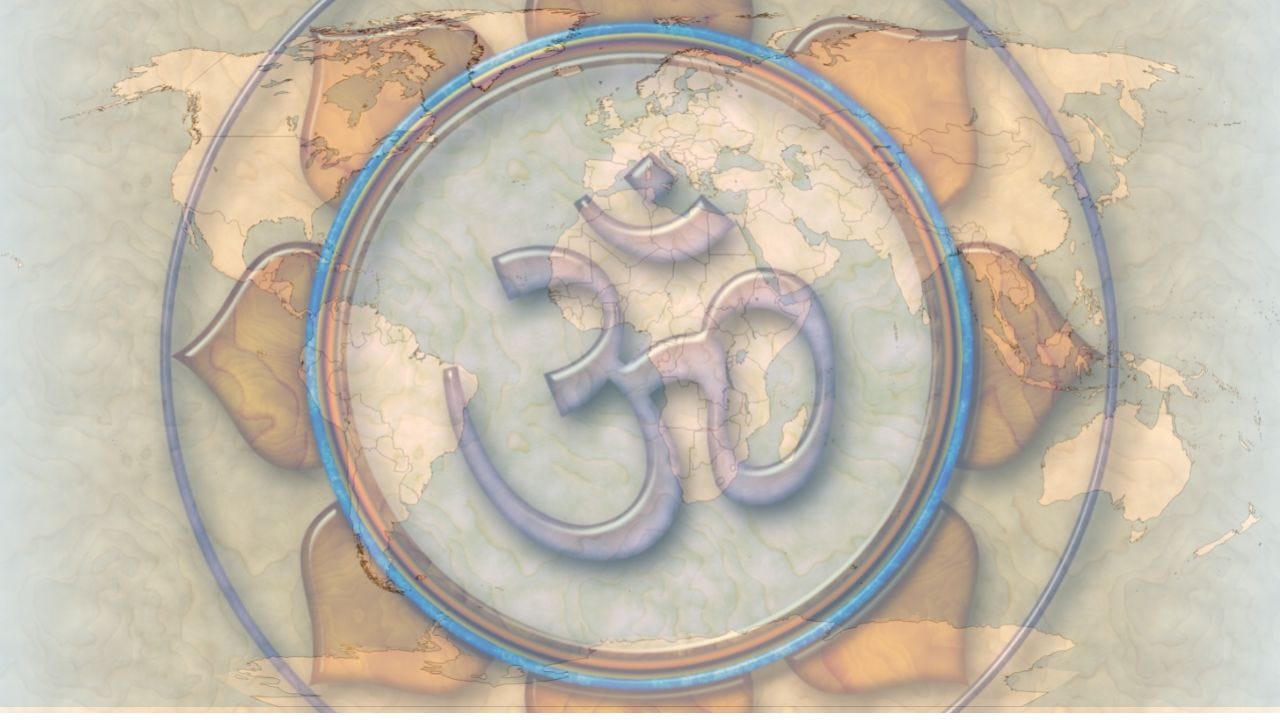The Future Brief: The Dharmic Economy - Duty Over Profit Is India’s Next Global Export
How India’s ancient values will shape the future of business.
Most of the focus on the new new world order is on China, the EU, and BRICS. But there is another soon-to-be great power, India.
India, now the most populous country in the world, is beginning to coalesce into a more unified nation. When India gets its act together, it will be a formidable force in the world. And just as the EU is exporting universalism …



